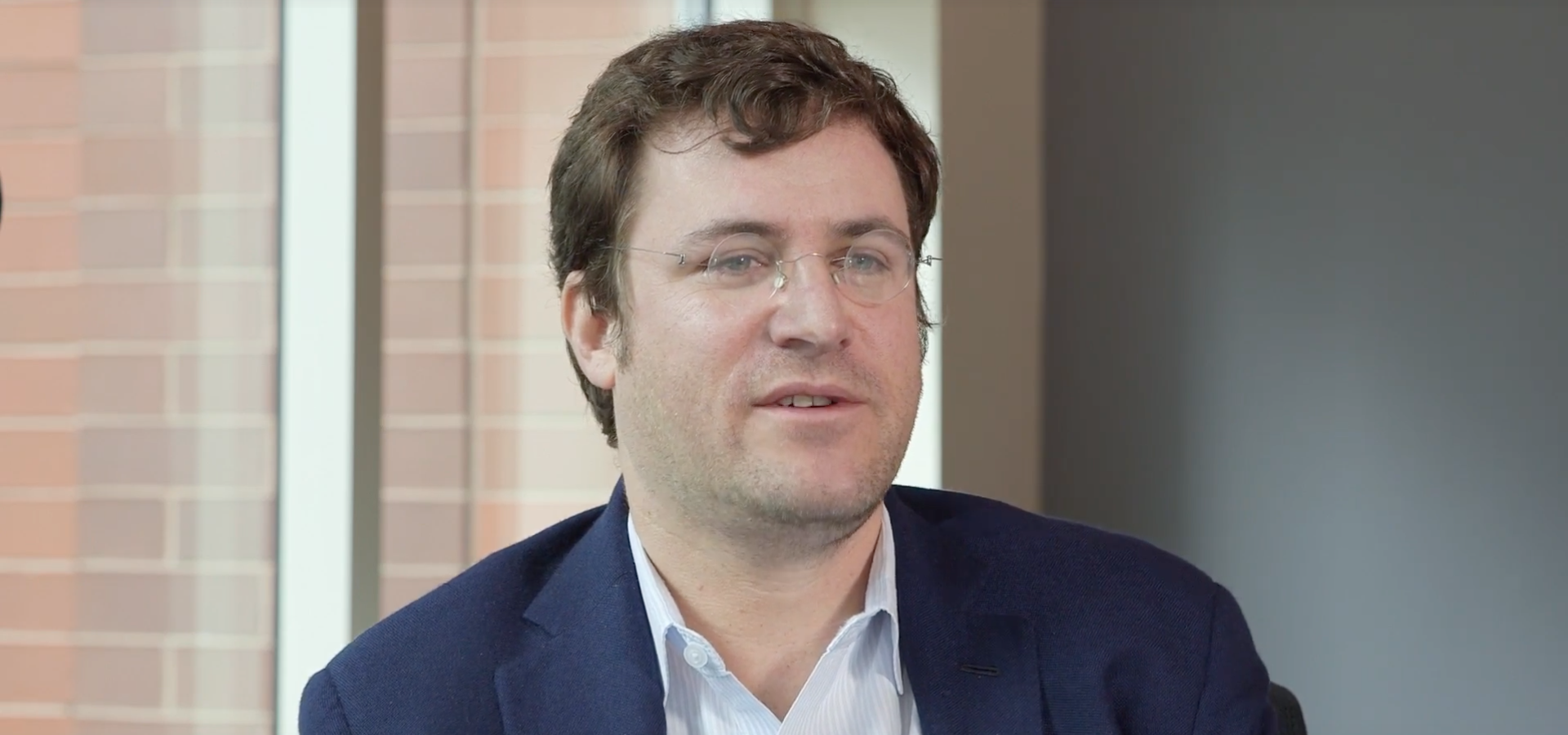An Illinois state appeals court has ruled employers can’t use Illinois’ workers’ compensation law to escape a mounting number of class actions under the state’s biometrics privacy law, because the lawsuits brought under the biometrics law accuse the employers of violating the workers’ rights, but not actually harming them in any real way.
On Sept. 18, a three-justice panel of the Illinois First District Appellate Court in Chicago ruled the Illinois Workers’ Compensation Act does not bar class action lawsuits brought under the Illinois Biometric Information Privacy Act.
“… We conclude that the exclusivity provisions of the (Workers’) Compensation Act do not bar a claim for statutory, liquidated damages, where an employer is alleged to have violated an employee’s statutory privacy rights under the (Biometric Information) Privacy Act, as such a claim is simply not compensable under the Compensation Act,” the justices wrote.

Illinois First District Appellate Justice Mary Rochford
| Illinoiscourts.gov
The decision was authored by Justice Mary K. Rochford. Justices Mathias W. Delort and Thomas E. Hoffman concurred in the ruling.
The ruling arose out of an appeal on a question of law from a class action lawsuit pending in Cook County Circuit Court since 2017.
In that case, attorneys with the Chicago-based class action law firm of Edelson P.C. filed suit against the corporate entity that operates the Symphony Bronzeville nursing home in Chicago. The lawsuit, which could represent virtually all of the workers at the nursing home in recent years, was filed on behalf of named plaintiff Marquita McDonald.
The lawsuit accused the nursing home operators of violating the Illinois BIPA law by requiring its workers to verify their identity by scanning their fingerprints when punching in and out of work shifts, without first securing authorization from the workers to conduct the scans and without first notifying the workers about how their scanned prints would be collected, stored, used, shared and ultimately, destroyed, as allegedly required by the BIPA law.
In response to the lawsuit, attorneys representing Symphony argued the BIPA case should be dismissed, because the claims are preempted by the Illinois Workers’ Compensation Act.
Symphony centered its arguments on a key provision in the workers’ comp law, which declares the workers’ comp law “preempts any ‘statutory right to recover damages from the employer … for injuries incurred in the course of … employment.”
Should the courts determine the workers’ comp law does not similarly preempt BIPA, it would mean “an employer would have greater protection from damages claims brought by plaintiffs who have suffered actual psychological (or physical) harm and no protection whatsoever from massive (and potentially) ruinous damages claims brought by plaintiffs who have not suffered an actual injury at all,” Symphony wrote.
That argument advanced by Symphony, and by other employers targeted in other similar BIPA class actions, had not secured any victories, either in state or federal court.
In Symphony’s case, Cook County Circuit Judge Raymond Mitchell shot down the request to use the workers’ comp law to end the class action.
Other state and federal judges also sided against the employers on the workers’ comp law question.
To get a more definitive take, however, Judge Mitchell last fall agreed to allow Symphony to appeal to the First District Appellate Court, posing to them the question of whether the workers’ comp law should take precedence.
The appeal had attracted substantial attention from legal observers on both sides of the question.
Across the state, hundreds of employers face similar class actions, with more being added, almost daily, in Cook County Circuit Court and other venues.
The lawsuits place employers at steep financial risk. Under the BIPA law, employers could face potential liability of $1,000-$5,000 per violation of the BIPA law. In these kinds of class actions, the law has been interpreted to define a “violation” as each time a worker punched the clock by scanning a fingerprint.
This could place even moderately sized employers at risk of millions of dollars in damages.
The potential for such “potentially ruinous” payment demands, however, has garnered no sympathy from judges, to date. They’ve taken their cue from the Illinois Supreme Court, which said the potential for such judgments is the point of the law, to make employers and others aware of their responsibilities under the BIPA law and to punish them for failing to abide by its technical requirements.
The appellate justices in the Symphony case also sided with the plaintiffs on the question of the workers’ comp law’s preeminence.
The justices centered their decision on the question of the “compensability” of potential injuries suffered by workers scanning their fingerprints when punching the clock.
While the alleged violations of the workers’ BIPA rights may have happened in the workplace, the justices said the alleged BIPA violations aren’t actually a real injury, like physical or psychological harm suffered while at work.
Such physical and psychological injuries can be “compensable” under the workers’ comp law. But BIPA violations are not “injuries.”
It is not enough, the justices said, that “an injury arises out of and in the course of employment.”
Rather, the violation of the law is the harm, in and of itself.
Therefore, BIPA violations can’t be handled under the workers’ comp law, and workers are free to bring class actions against their employers for allegedly violating BIPA’s technical provisions.
The justices sent the case back to Judge Mitchell in Cook County court for further proceedings.
Symphony has been represented by attorney Joseph Donado and others with the firm of Seyfarth Shaw LLP, of Chicago.
